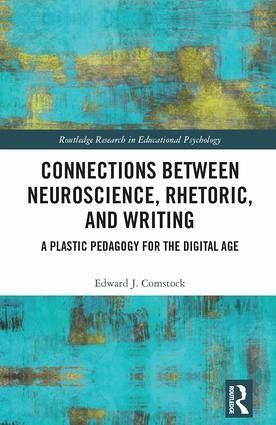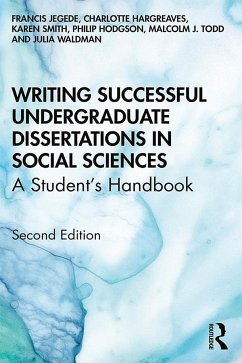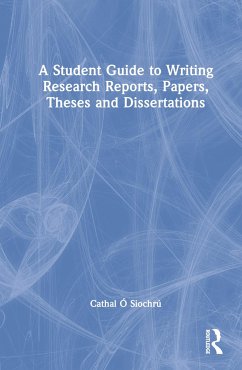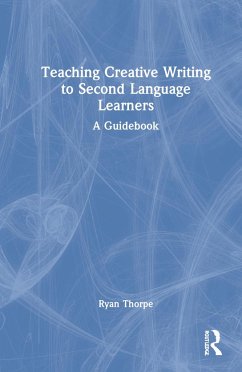
Connections Between Neuroscience, Rhetoric, and Writing
A Plastic Pedagogy for the Digital Age
Versandkostenfrei!
Versandfertig in 1-2 Wochen
167,99 €
inkl. MwSt.
Weitere Ausgaben:

PAYBACK Punkte
84 °P sammeln!
Considering how recent findings from neuroscience, cognitive science, and affect theory relate to pedagogies of writing, this book builds on the scholarship of attention and the body in Greek and Modernist discourses on writing. Drawing on recent intersections between neuroscience and post-structuralist philosophy, Comstock explores the concept of "plasticity" in relation to writing pedagogy for the contemporary classroom.














